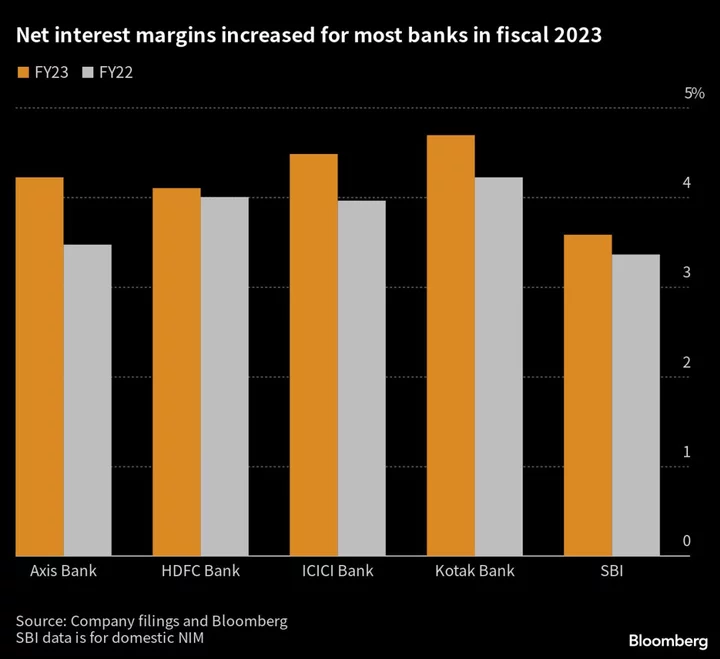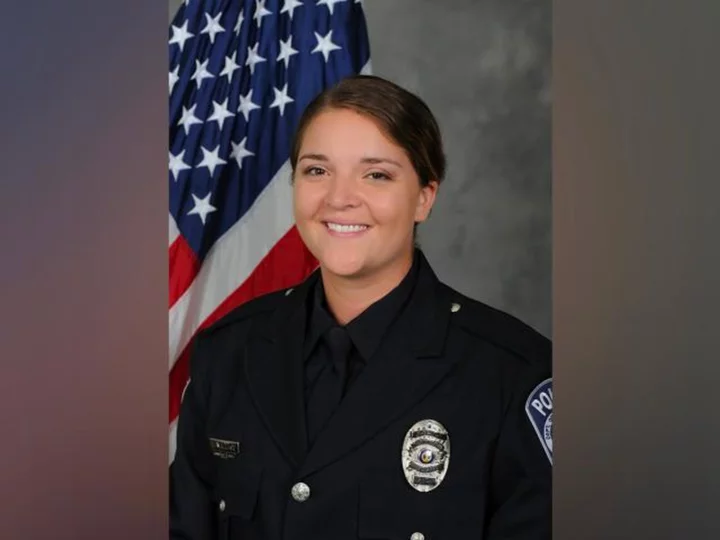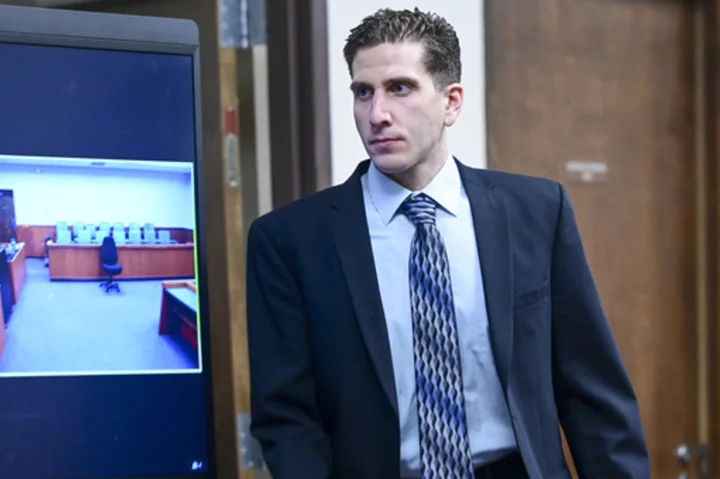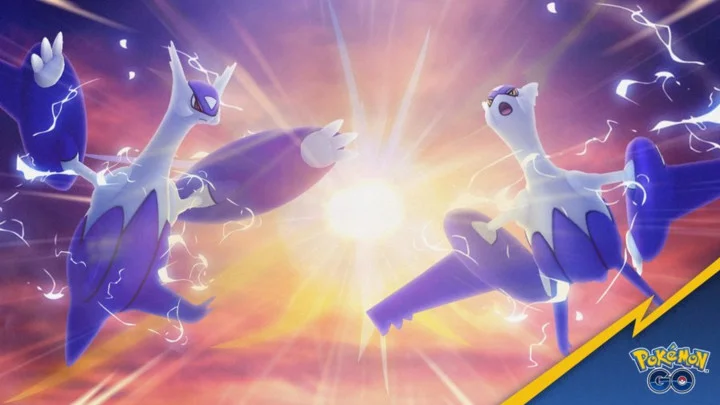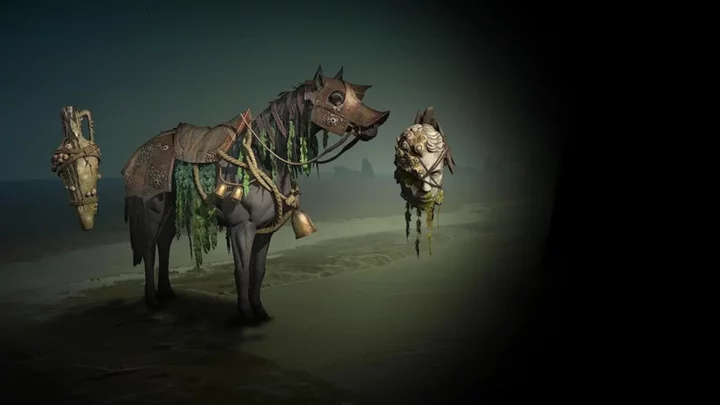Kosovo was in mourning on Monday after a deadly clash between authorities and gunmen near the Serbian border that has triggered a large police operation and raised many unanswered questions.
The killing of a police officer during an ambush on Sunday and the ensuing firefight marks one of the gravest escalations in Kosovo for years, following months of mounting tensions and stalling talks between the government in Pristina and Serbia.
Kosovo Prime Minister Albin Kurti said a police operation was still underway. The site of the firefight was sealed as investigators sifted through evidence following a late-night gun battle that saw the standoff end.
"Many things will be resolved during the investigations," Kurti told Manuel Sarrazin, the German envoy for the Western Balkans, during a meeting on Monday.
The chaotic confrontation began when a police patrol was ambushed near the village of Banjska early on Sunday, leaving one Kosovo law enforcement officer dead and another wounded.
The gunmen fled to a nearby monastery, where they barricaded themselves in and traded gunfire with Kosovo police for hours. At least four assailants were killed in the melee.
Kosovo Interior Minister Xhelal Svecla said authorities had already recovered "an exceptionally large number of heavy weapons, anti-infantry weapons, explosives, uniforms, logistics, food reserves and equipment for barricades".
"We can easily say that the equipment was destined for several hundreds of other assailants," Svecla added.
- 'Very, very tense' -
In the capital, Pristina, flags flew at half-mast during an official day of mourning to honour police officer Afrim Bunjaku, who was killed on Sunday.
Questions remained, however, hours after the standoff ended. Just a handful of alleged suspects were arrested by Kosovo authorities during the clearance operation.
Asked if any assailants managed to escape from the Banjska monastery, interior minister Svecla said an "operation" was ongoing but offered no more details.
On Sunday, Kurti said at least 30 heavily armed and uniformed men had barricaded themselves in at the monastery.
Newspapers in Serbia offered a mixture of bravado, conspiracy and hesitancy following the incident.
Many quoting the comments Serbian President Aleksandar Vucic made late on Sunday, in which he denied involvement in the clashes and shifted blame over the incident onto the government in Pristina.
On Monday, Vucic met Russia's ambassador to Serbia Alexander Bocan Harchenko in Belgrade, as the Kremlin warned of a "very, very tense and potentially dangerous" situation on the ground.
"The fact that provocations are very often organised against Serbs is not a secret to anyone," Kremlin spokesman Dmitry Peskov told reporters.
US Secretary of State Antony Blinken called on Kosovo and Serbia to avoid any actions or language that could further inflame the situation after Sunday's violence.
"The perpetrators of this crime must be held accountable via a transparent investigative process," Blinken said.
- Escalation -
The attack came more than a week after talks between the leaders of Serbia and Kosovo on improving ties failed to make a breakthrough during EU-mediated negotiations in Brussels.
Tensions in the troubled north of Kosovo have been smouldering for months, following the Pristina government's decision in May to install ethnic Albanian mayors in four Serb-majority municipalities there.
The move triggered one of the worst bouts of unrest in the north in years.
Demonstrations followed, as well as the arrest by Serbia of three Kosovar police officers and a riot by Serb protesters in which more than 30 NATO peacekeepers were injured.
"Most important now is de-escalation," Bojan Elek, deputy director of the Belgrade Centre for Security Policy, told AFP.
"There is danger at the moment of new incidents, especially with reports suggesting Kosovo police are now entering local houses searching for the attackers."
Kosovo remains overwhelmingly populated by ethnic Albanians but in the northern stretches of the territory near the border with Serbia, ethnic Serbs remain the majority in several municipalities.
The clash in the north is just the latest in a long list of incidents to rock the area since Kosovo declared independence from Serbia in 2008.
That was nearly a decade after NATO forces helped push Serbian troops out of the former Serbian province during a war that killed around 13,000 people.
Belgrade -- and key allies China and Russia -- have refused to recognise Kosovo's independence.
ih-ds/gil


